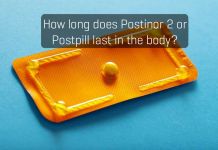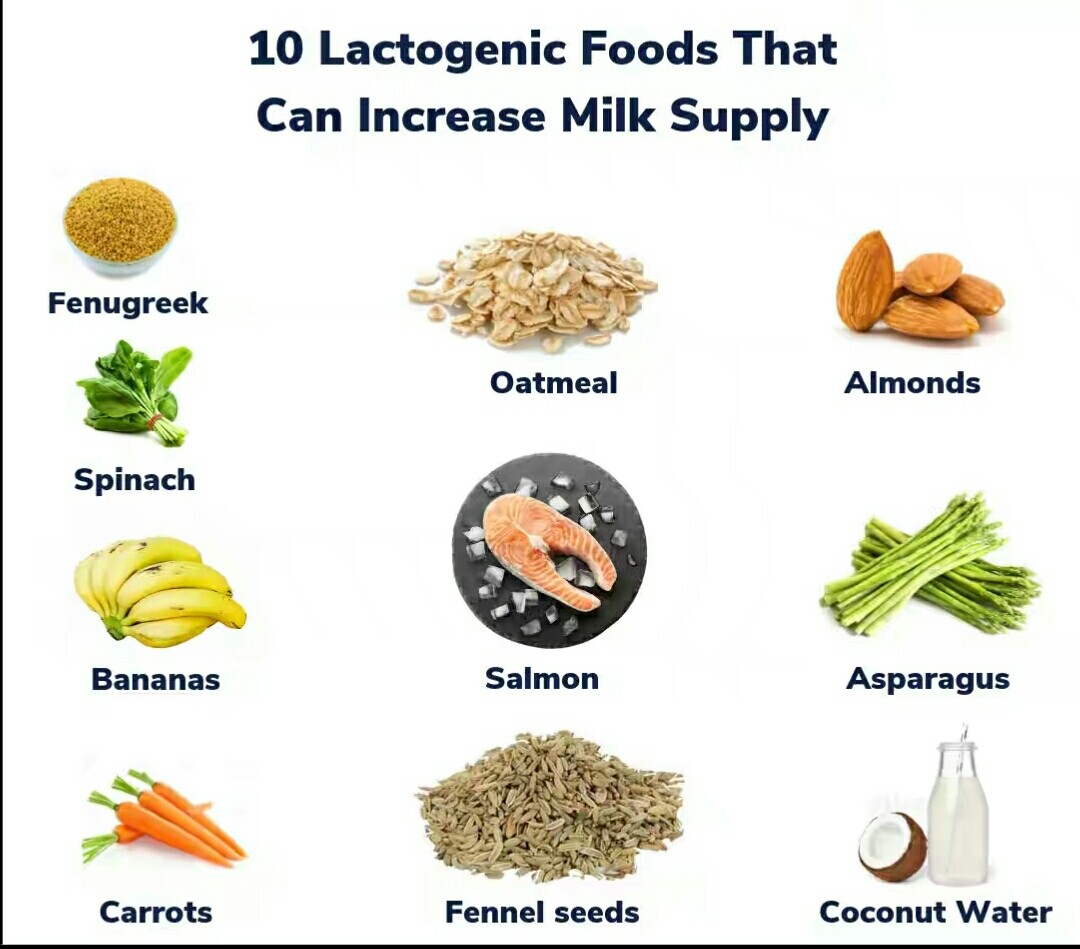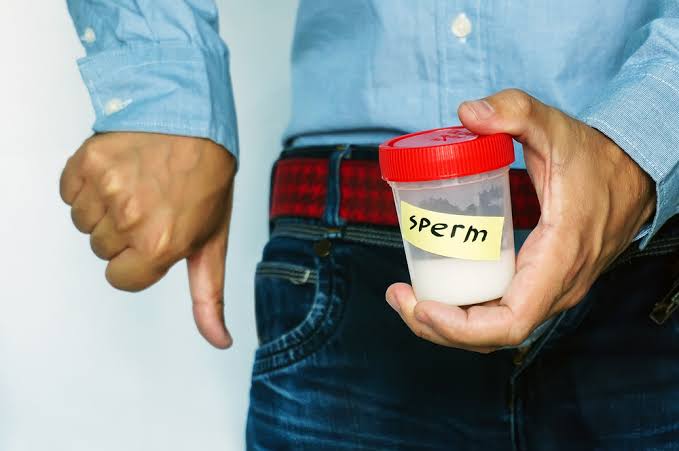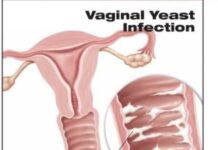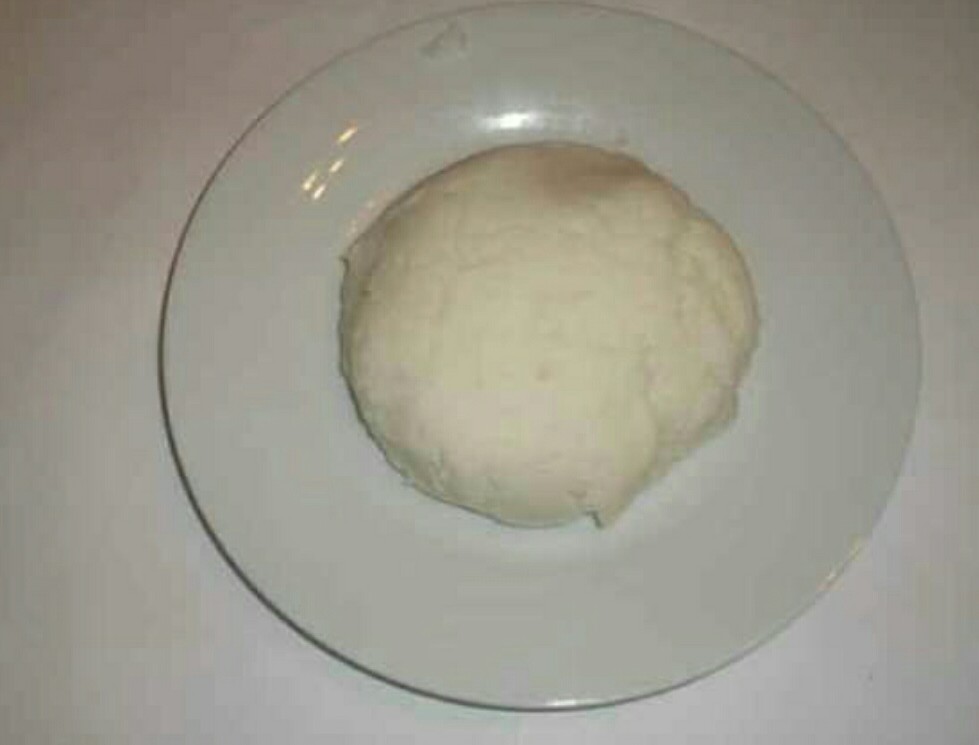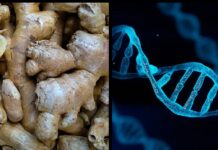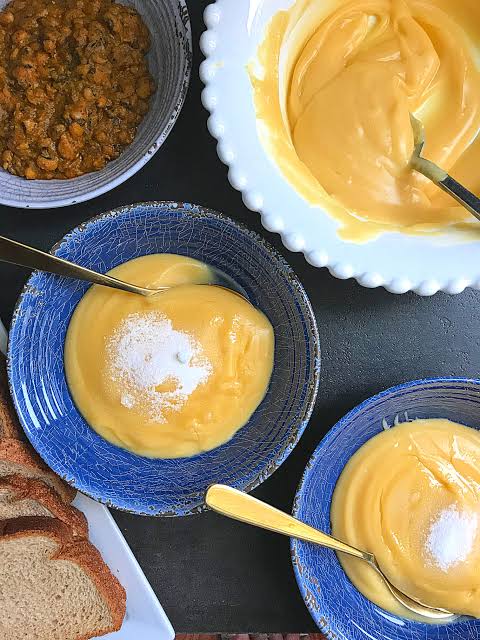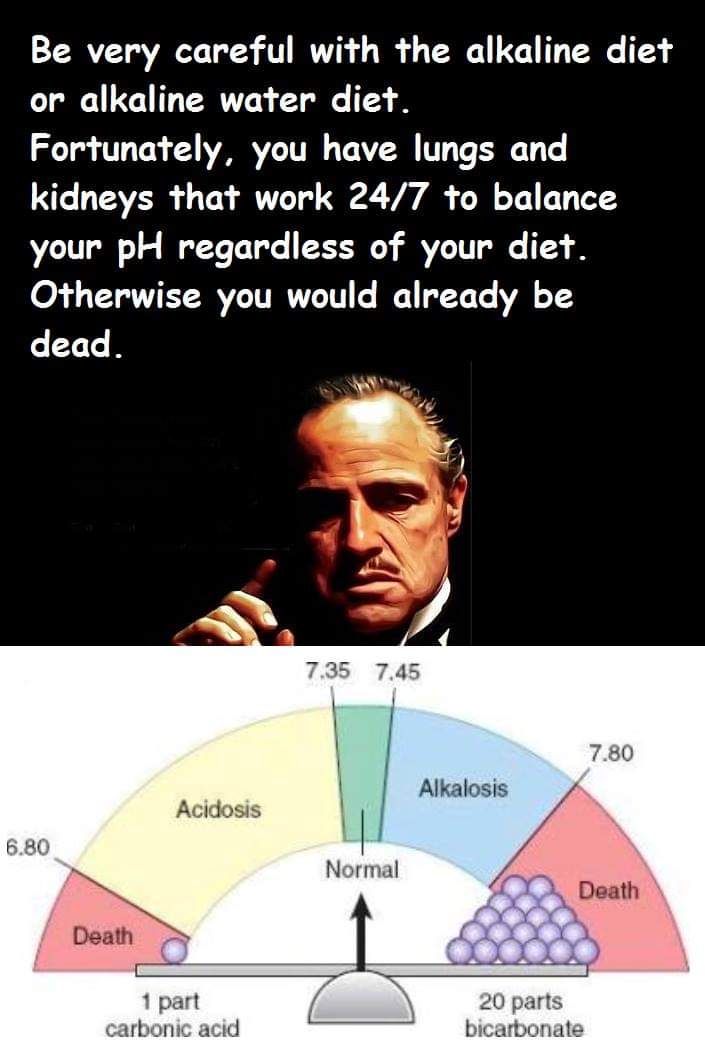Alkaline diet debunked!!!! Alkaline diet explained and debunked by an alkaline diet skeptic
An alkaline diet critic and skeptic explains why alkaline diet is bad for you and why alkaline diet is a scam. His views are strongly science backed as he dived into the scandals surrounding alkaline diet and why you should not waste your time eating alkaline foods.
The lies about alkaline diet debunked!!! The truth about alkaline diet and foods.
Read him:
Among the many dietary advice for healing purposes, one of the most popular on the internet is the so-called “alkaline diet”, according to which eating “non-acidic” foods would promote health and even cure various diseases. In recent years, especially in “alternative environments”, the claims that the “deacidifying” or “alkalizing” diet (and therapies) have innumerable curative powers, even going so far as to defeat cancer.
What does it mean? Is it true that “alkalizing the body” makes it easier to live? We have to start from the beginning, and since the topic is very technical, I will try to simplify it a bit.
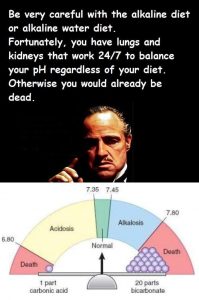
The reason for so many legends that see in this diet the solution to all evils lies in the trivialization of something that has nothing trivial and therefore, as often happens, is nonsense. Let’s start with a fact: our blood is slightly alkaline. What is “alkalinity”? Each solution has its own pH. This is the scale of measurement of the acidity or basicity (also called alkalinity) of a compound.
This scale in practical use ranges from 0 to 14. If a solution has pH 0 it is a strong acid (ie a very acidic substance), if it has pH 14 it is a strong base (ie very basic, alkaline); a solution with pH 7, such as pure water, is called “neutral” (that is, it is neither acidic nor alkaline).
The acidity or basicity of a solution is measured with special tools (even very simple ones, such as the so-called “litmus papers”: strips of paper that react by coloring differently according to the pH found). […] Lemon juice is acidic (we also define its flavor in this way), bicarbonate is basic (but the alkalinity has a bitter taste). We are surrounded by acidic substances, by other basic substances and each one has these characteristics expressed to a different degree. I would add that the gastric juices present in our stomach contain hydrochloric acid and have a pH between 1 and 2, more acidic than any food normally ingested. To be clear it is the same acid sold diluted and impure called “muriatic acid”.
Our blood has a slightly alkaline pH: more or less than 7.4. If this value decreases (therefore goes towards 0) or increases (towards 14) even a little, we will not be able to survive, because most of the processes that allow us to live would not work and would be damaged in a short time. In reality our pH is not fixed: it can vary (for example a pH of 7.3 or 7.5 for a few minutes may not cause particular damage) but it is immediately brought back to normal by a series of mechanisms that our body puts in action involuntarily, but visibly, by two means: the kidneys and respiration.
READ ALSO: is detoxing really good for you?
The kidneys play a less “important” but much more refined role: they eliminate the elements that affect the pH with urine. Quantitatively, the latter are less than those emitted by the lungs, but they are non-volatile “organic” substances and therefore do not “evaporate”.
If for any reason the pH of our organism is not stable (therefore it goes beyond or below the normality of 7.4) we enter a pathological state: if we go towards acidity we speak of “metabolic acidosis”, as opposed to “Metabolic alkalosis”.
These are two conditions that, if not quickly resolved, can lead to death in a short time (for pH values below 6.8 and above 7.8). This is the reason for such a complicated system: otherwise it would be enough to eat a tomato to acidify the blood plasma and die or take a spoonful of baking soda to poison yourself. It is clear that the body has the means to correct small changes in pH (which occur every day), but with sudden and violent changes the risk of an impossibility of re-balancing would be very high.
There you go! I add. If you really want to ingest something alkaline, dissolve a teaspoon of baking soda in a glass of water. You will not die. You will burp a little but at least you will not throw money on that alkaline water scam that sells for its weight in gold. Our body therefore “works” relentlessly to keep the pH at physiological values: when we take an acidic substance, the receptors sense the novelty and set in motion the mechanisms that allow the pH to remain stable.
Throughout the day, even while we sleep, the lungs and kidneys (and other organs in different respects) work “silently” to keep the pH around 7.4. So why follow an “alkaline diet” or want to “alkalize the body”? What is it for? Would it really be a health benefit? There are many pseudoscientific sites and “naturopaths” who recommend a diet rich in alkali to improve the condition of our body and avoid unpleasant ailments; many trace the origin of this bizarre theory to the ideas of a certain Robert Young, alleged doctor (he obtained an online “degree” from an unrecognized university that was later closed for swindling his own students) author of a book on the subject.
By eating fruit in particular (not all types), some legumes, but above all by avoiding acidic foods such as meat, fats, fried foods, our body would be «alkalized», with an exceptional result on health.
Someone claims that this diet prevents and cures (!) Some diseases, even serious ones. In reality it is a lie, it is useless, it is simply a useless scam: a hoax. Young’s book is a set of glaring food errors, full of inventions, real blunders and absurdities […] In reality, any acidity or alkaline food that we introduce with the diet has no influence on the pH of our blood. In short, a real nonsense.
Someone who has followed this “diet” reports obvious benefits and claims to enjoy a better state of health: they probably don’t think about the fact that it is not the “bizarre” diet that makes them feel better but the greater attention to what they ingest. avoiding fatty and heavy foods.
There are at least three reasons why eating “alkaline” foods is useless in terms of health: 1) An alkaline dish, immediately after ingestion, comes into contact with the gastric juices present in the stomach which, as many know, are very acidic.
This “encounter” neutralizes the alkalinity of the food, which at the time of being assimilated is practically neutral (or even acidified).
2) Even if there were a food capable of maintaining its basicity after passing from the stomach, until the pH of the blood could be varied, all the mechanisms we have described would be set in motion to immediately bring the pH back to the usual values.
3) In the case (hypothetical and non-existent) of an edible food which, after having surpassed the gastric acidity unscathed and not having triggered the pH regulation mechanisms, managed to make our blood “basic”, a few minutes of this condition would be enough to go into metabolic alkalosis.
Therefore, if this type of food existed, it would be a poison and eating it would mean dying, other than health! If an individual decides to eat a heavily alkaline diet, he could “shift” the pH of his blood (slightly) towards alkalinity but only for a very short time (a few hours at most), and therefore there would be no benefit in any context. For these reasons it is clear that there is no “alkaline diet”, there is no way (and in any case it would not be healthy) to “alkalize” the blood.
Correlations from crap:
Some scholars have noted that an “alkaline” diet can bring various kinds of health benefits, and have also carried out studies that seem to confirm the theory; the problem with this type of analysis lies in confusing the action of the alkaline food with that of the substances it contains. In a research, for example, it is noted how a diet rich in alkaline fruits and vegetables improves muscle performance due to the increased concentration of potassium and magnesium.
The fact is that these minerals have the effect (and it has been known for some time), and certainly not the alkalinity of foods. It is a bit like saying that the intake of an acidic food such as coffee stimulates the nervous system: it is the caffeine that has such power, not the acidity of the substance.
Unfortunately this type of correlation (the title is mine) is very common in the medical and nutritional fields. Too often simple statistical correlations are confused, which could only be the result of coincidences, with a relationship of cause and effect. We’ve already talked about how consuming a lot of chocolate can make us all become smart!
This article on alkaline diet debunked is the intellectual property of;
Enrico Colombo who first wrote this on his Facebook page




